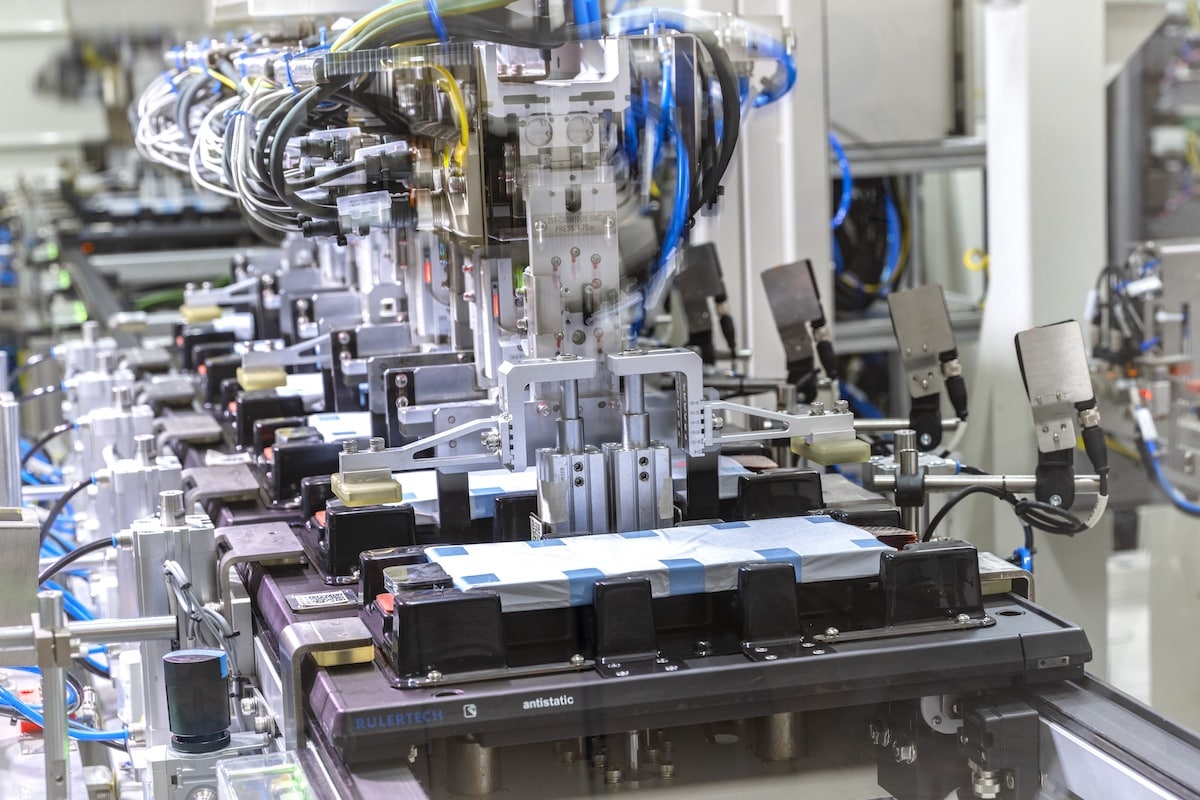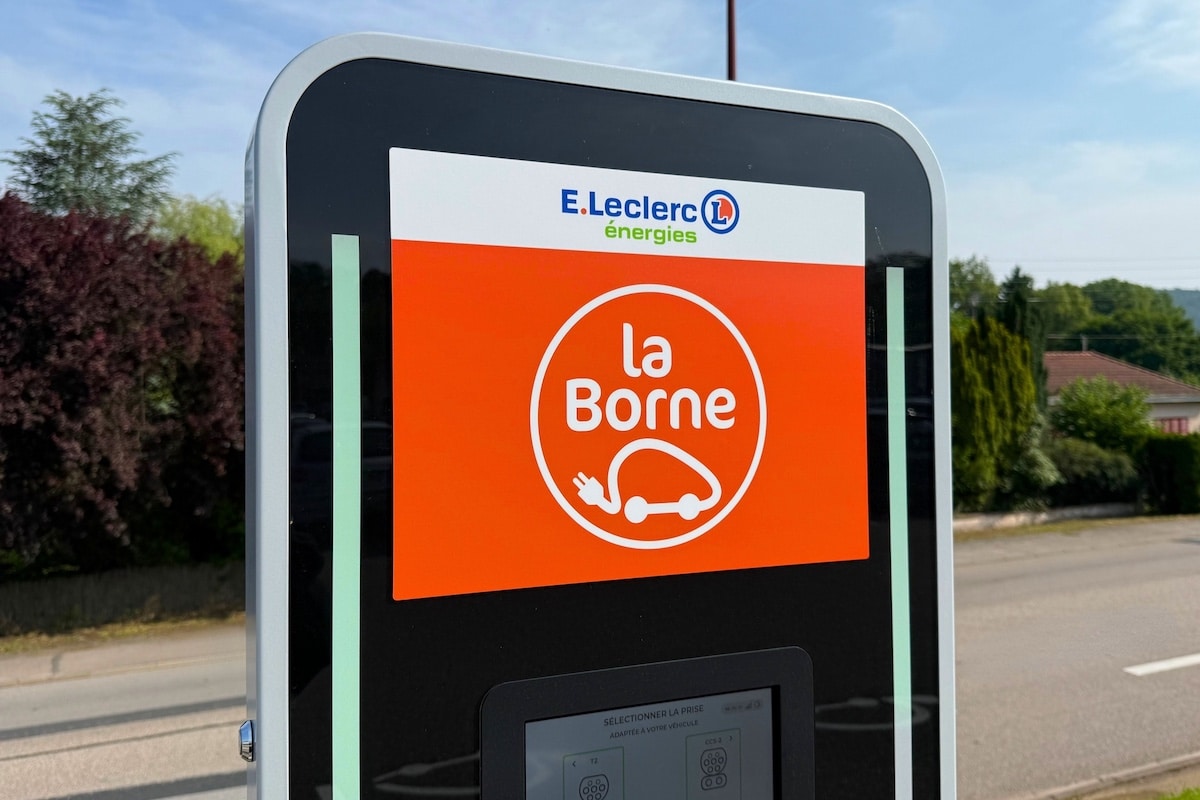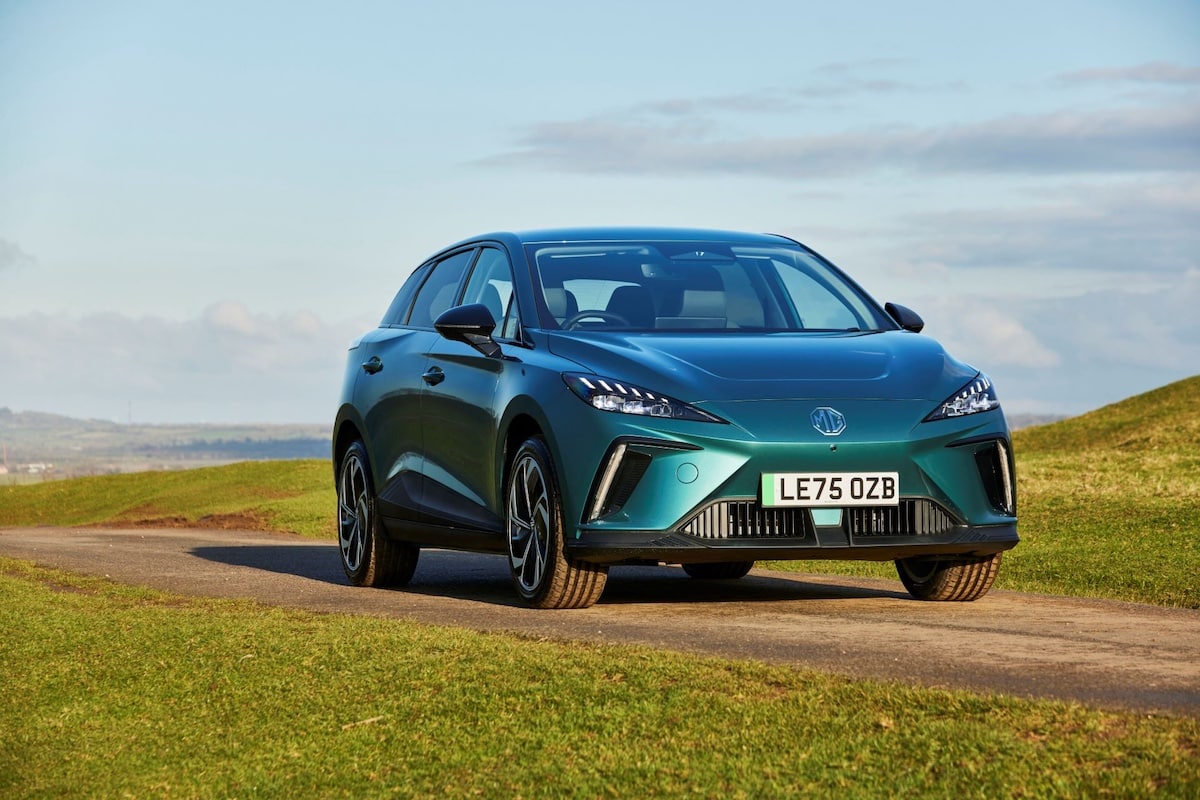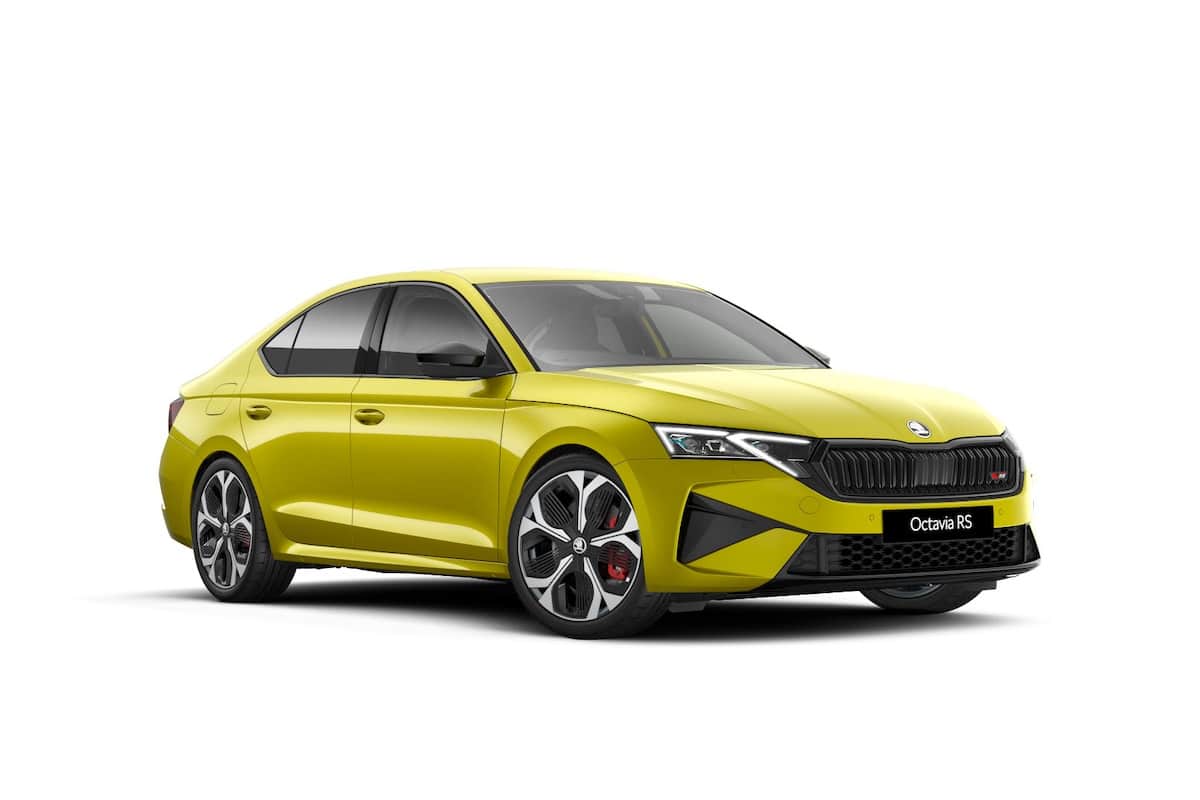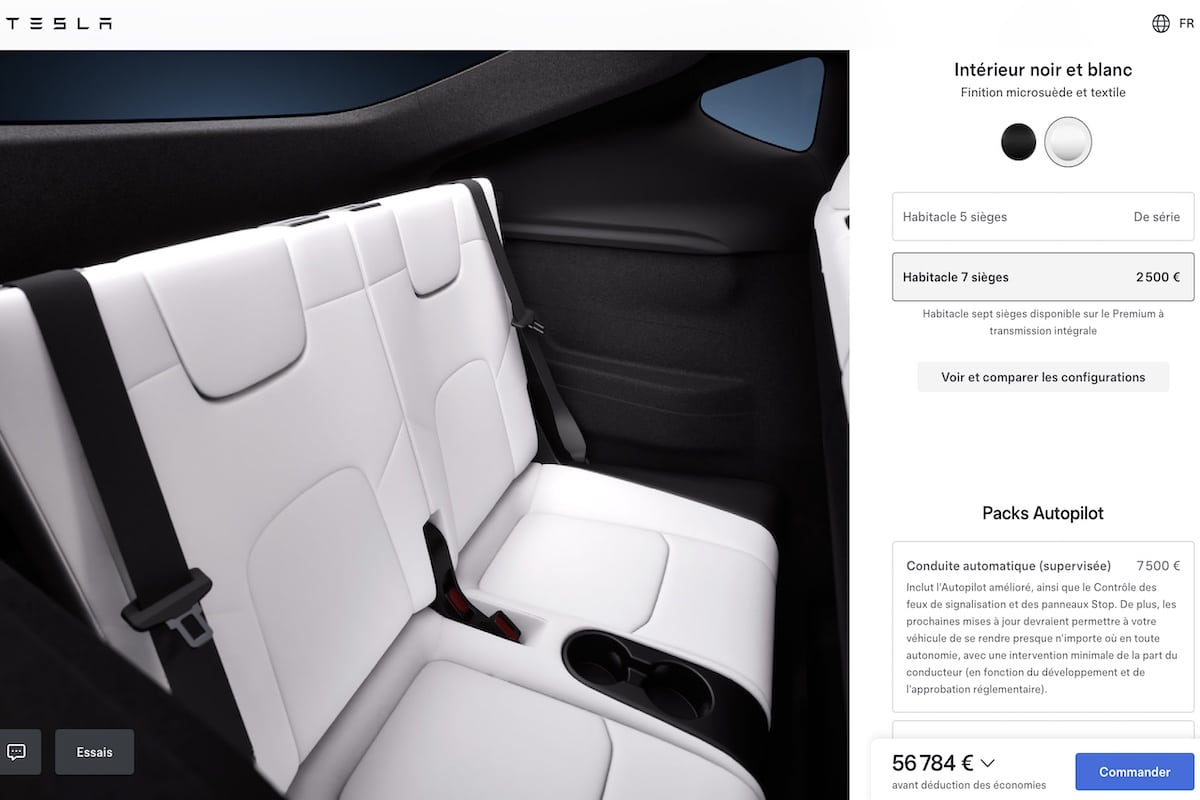Yippee, the battery passport is coming!
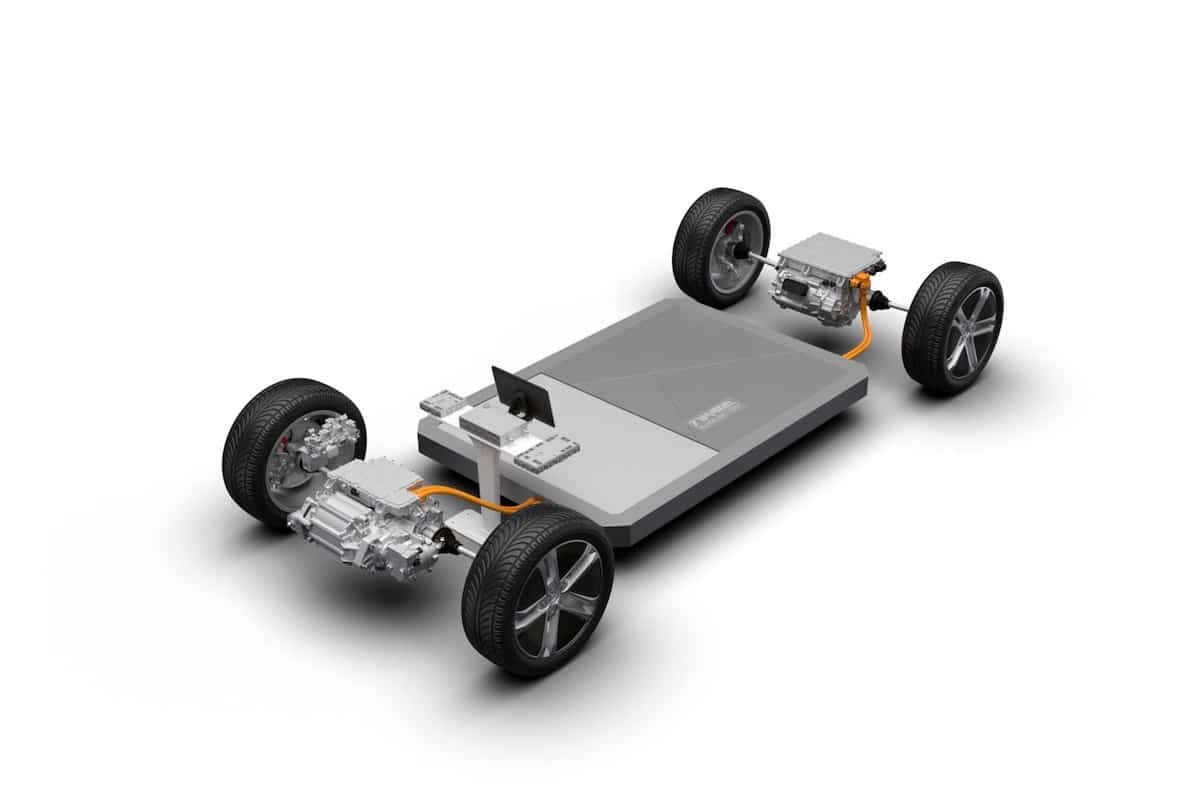
We know that drivers are increasingly doubtful about the relevance of 100% electric vehicles. But will this initiative change anything?
Starting February 2027, all new batteries for electric vehicles, batteries for two-wheelers, and industrial batteries over 2 kWh sold within the European Union must be accompanied by a “digital passport.” This initiative aims to ensure transparency and sustainability throughout the battery’s value chain, reduce environmental impacts, and promote secondary reuse of batteries.
Specifically, the digital passport will enable flawless documentation of a battery’s lifecycle, from raw material extraction and production to use, reuse, and recycling. This document will contain essential information such as the carbon footprint, working conditions related to raw material extraction, material composition, hazardous substances, resource efficiency, as well as data on performance, lifespan, and recyclability of the battery.
The goal is multiple and ambitious: to reduce child labor and pollution in producing countries, while improving the tracking of used battery exports. However, technical challenges remain. Interoperability of software systems capable of reading various data supports (barcodes, QR codes, unique identifiers) is a key element to develop as soon as possible!
This push for regulation raises a crucial question. By imposing standards and controls, do we risk stifling the creativity of manufacturers? Because if these companies must constantly adhere to complex requirements, who will still think about attracting customers?
ALSO READ: Why are you still afraid of electric cars?
This page is translated from the original post "Youpi, la passeport batterie arrive !" in French.
We also suggestthese articles:
Also read

